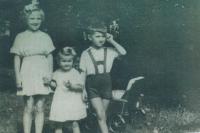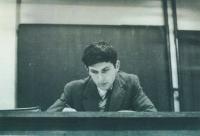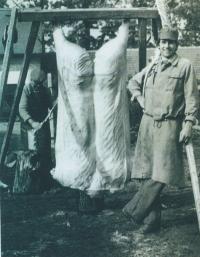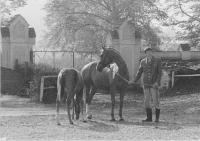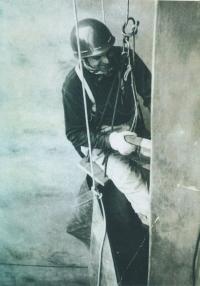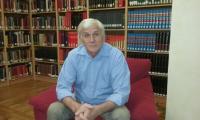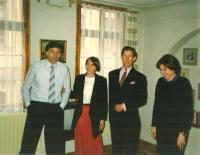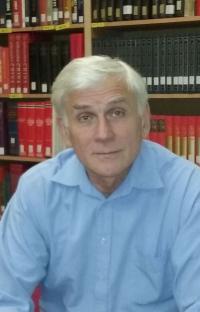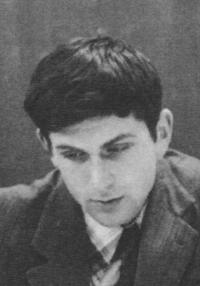The country is mine too!
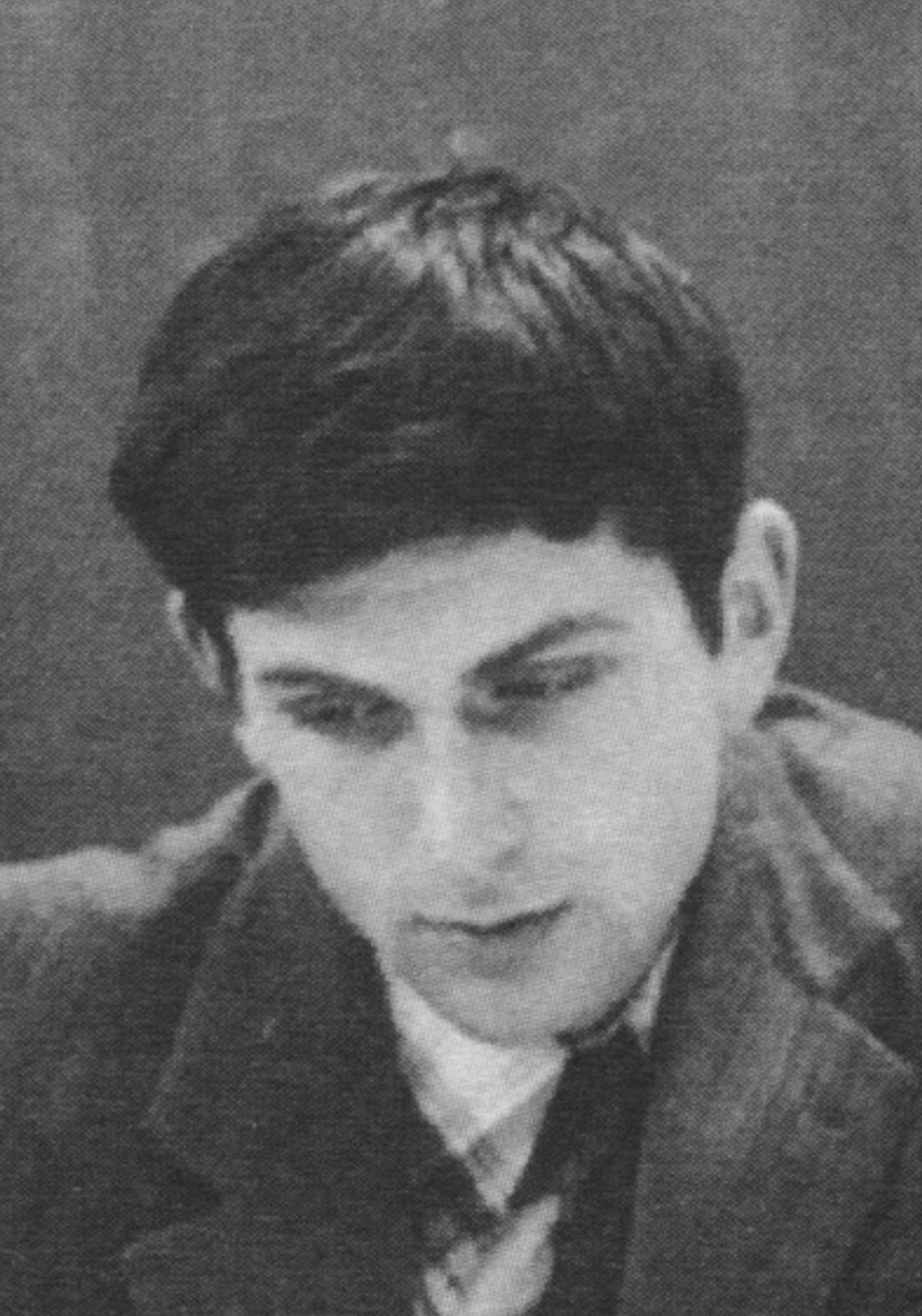
Download image
Jan Urban was born on 27 March, 1951 in Hradec Králové as a second out of three children. His father cooperated with resistance during war. Jan attended basic and middle school in Prague-Letná until 1965, when his father was appointed an embassador in Finland. In 1967 and 1968 Jan had study scholarships in England. After graduation in 1969 at Russian-Finnish lyceum in Helsinki the family came back to Prague. He studied philosophy and history at the Philosophical Faculty, Charles University in Prague and finished studies in 1974. Then he and his wife Elena moved to Prachatice, where he worked as a teacher. In January 1977 he refused to sign a collective statement reprobating the Chart 77, and he was immediately thrown out of his job; later worked in manual professions. At the beginning of 1980s he moved with his family back to Prague and worked at the Prague Construction Company. Also he was meeting with the circle around Chart 77, which he also signed and functioned as a connection between the members and abroad. In 1988 he co-founded the Eastern European Information Agency and worked as an editor of samizdat Lidove noviny. On 18 November, 1989 he helped starting the students´ and theatremakers´ strikes and co-founded the Civic Forum being his spokes-person. In 1990 he led the Civic Forum into elections and after winning he left the politics. He worked as a journalist in Lidove noviny, as a war journalist in Bosna and Hercegovina, published a magazine Transitions, shortly worked in the Czech Radio. He is an author of three books and a theatre play and also shot a documentary. He gives lectures at the University of New York in Prague.
